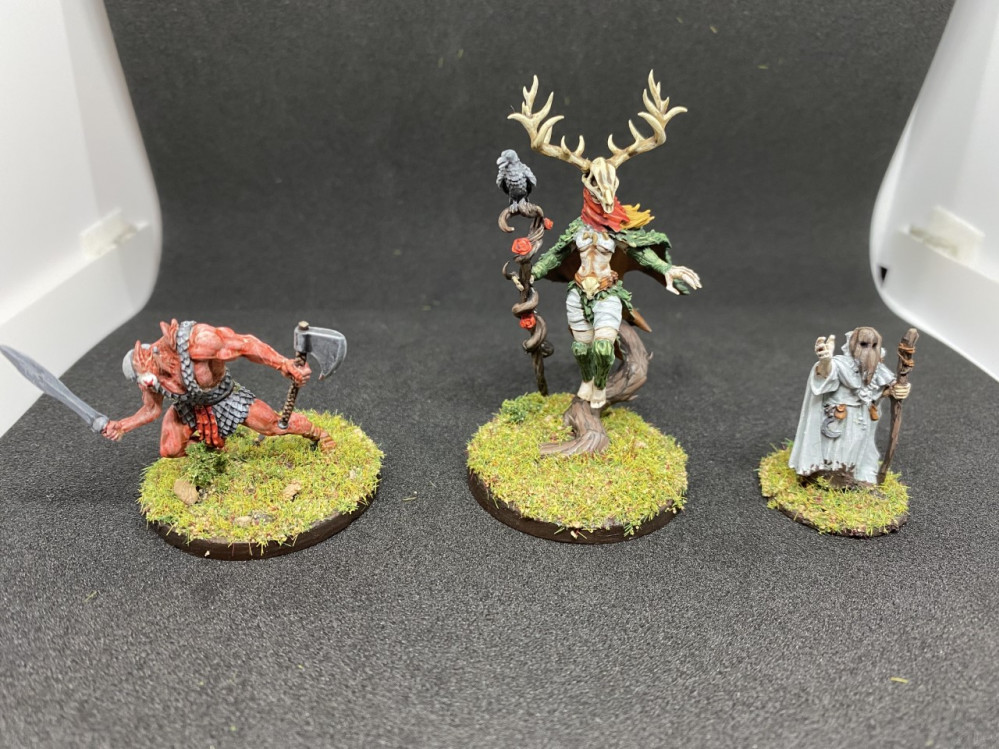
Spring Clean 2021 - Totally historically accurate fantasy Celtic army
Review: A Brief History of the Celts by Peter Berresford Ellis
I found this by browsing the history section of my nearest Waterstones book store. It cost £8.99. The author has written several books on the Celts and is considered a leading expert on the subject.
The book is better the Celts by Captivating History all round. Peter Ellis explains where our knowledge comes from, whether it be archaeology, tracing common linguistic links, or historical texts. The book contradicts Celts by Captivating History in several places and I am inclined to believe Peter Ellis. There are many misconceptions about the Celts and Celts by Captivating History has fallen into the trap of repeating these tropes, while Peter Ellis can refer to the evidence.
The book can be a bit hard to follow at times when Peter Ellis starts reeling off lists of Celtic names or words and how they relate to words and names in other languages, but otherwise is an easy read.
The biggest think I noticed reading the book is that there is absolutely no mention of the Celts being a raiding culture. This is a misconception based on the writings of Caesar and Rome. They wanted to paint the Celts as barbarians and dangerous to justify their invasion of Celtish lands.
For each chapter I’ll now list the most interesting facts that I learned:
- 1) The origin of the Celts: in pre-history there was an Indo-European culture that formed a common route for most cultures in Europe and India. The Celts developed from this Indo-European culture and that led to many linguistic, cultural and mythological links between the Celts and Indian culture (e.g. Hindu).
- 2) An Illiterate Society?: the Celts did not write in their own language because of a religious taboo, rather than because they didn’t develop a written language. In fact it was quite common for Celts to write in either Greek or Latin.
- 3) Celtic Kings and Chieftains: these titles weren’t necessarily hereditary. The nobles would vote for replacements. There was also no restrictions on women having ruling positions. Although Kings and Chieftains could have a military role as well, this was not always the case. In some places and time periods the King had a more civil role with others acting as war leaders.
- 4) The Druids: druids were the intellectual class, charged with memorising knowledge rather than depending on written texts. The modern perception of a druid is largely false, based on Roman propaganda and modern fantasy.
- 5) Celtic Warriors: Celtic Warriors had very advanced weapons and armour (which the Romans largely copied). Their chariots and cavalry formations were regarded as very formidable. Celts often tried to resolve conflicts with a battle of champions.
- 6) Celtic Women: Celtic women in many ways were regarded as equals to men. They could be rulers and their legal system gave them equal possession rights in a marriage.
- 7) Celtic Farmers: The Celts were predominantly a rural agricultural society. The use of iron farming tools allowed them to work the land very effectively and they developed other advanced farming techniques, such as irrigation.
- 8) Celtic Physicians: the advanced medical knowledge of the druids, combined with iron tools, allowed the Celts to perform advanced surgeries. There is evidence of Celts having and surviving neuro-surgery.
- 9) Celtic Cosmology: the druids had advanced knowledge of cosmology and developed a 30 year calendar cycle based on planetary body motion. They could use this to make accurate predictions of celestial phenomena.
- 10) Celtic Road Builders: the Celts were extensive road builders and made use of wheeled vehicles such as carts and chariots. They made their roads of wood which the Romans replaced with stone. Many Roman words to do with roads were learned from the Celts.
- 11) Celtic Artists and Craftsmen: Celtish art preferred geometric shapes and it seemed to be taboo (though not totally unheard of) to make art of the human form. The Celts were very skilled with woodwork, iron, and glass. Enamelling swords with coloured glass is known to have occurred.
- 12) Celtic Architecture: the Celts usually built from wood. On the continent they could build two or three storey rectangular houses and built some very large walled cities.
- 13) Celtic Religion: this is a vague area as this was covered by the taboo of writing things down. Later writings were written by Christians who re-wrote much of it to match with Christian ideas. The Celts had many gods, a lot of which came in threes. There are many similarities with Hindu religion, and they considered rivers to be sacred.
- 14) Celtic Myth and Legend: the Celts believed the soul was immortal and resided in the head. This led them to decapitate and retain the heads of people they respected (fiend or foe). Upon death people were reborn in the Otherworld. When they died there, there they were reborn here. Celtic legends form the basis of Arthurian legend.
- 15) Early Celtic History: The Celts did sack Rome but had a very good reason to do so. A tribe of Celts migrated to Italy and asked a city for permission to settle in the area. The city asked Rome to send diplomats to resolve the issue. The Romans were rude and told the city to fight the Celts off, and the Roman joined the battle. The Celts were offended that the Romans had violated their neutral status as diplomats, so they sent an envoy to Rome to demand an apology. The Roman senate agreed, but the Roman diplomats were from a powerful family so no apology was given. In response the Celts marched across Italy to Rome and captured the city. On the way they attached no other settlements, telling each that they passed that they were at war with Rome only. Once Rome apologised and paid compensation, the Celts left.





























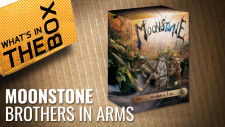




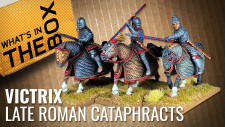
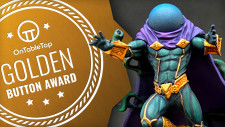
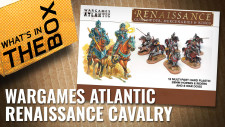




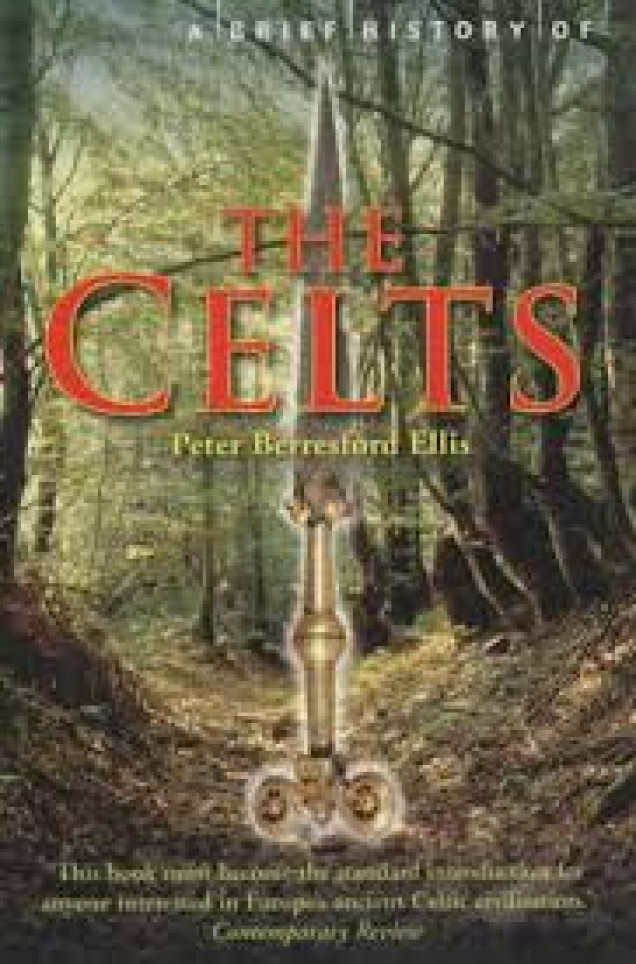










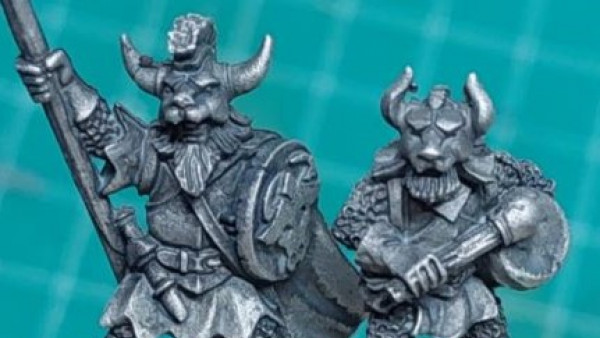

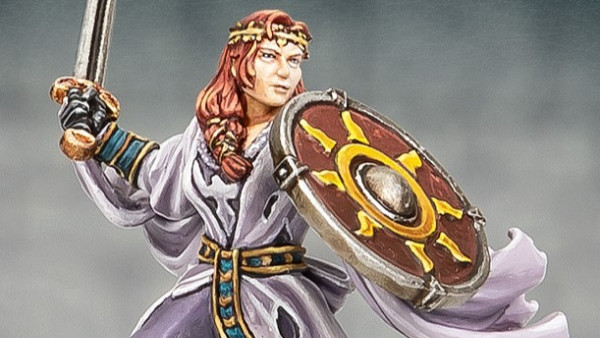
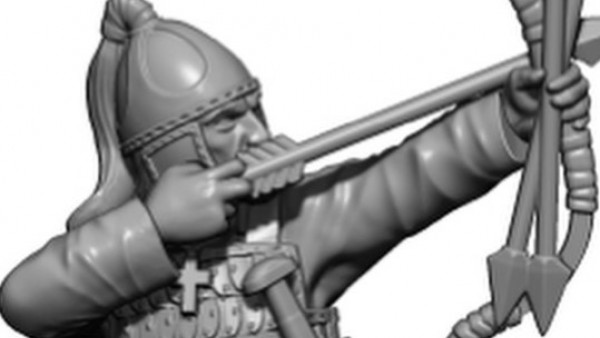
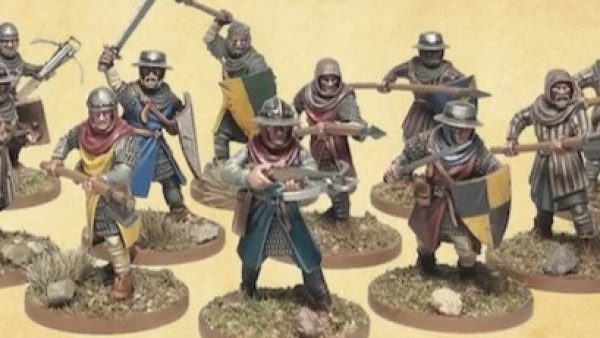
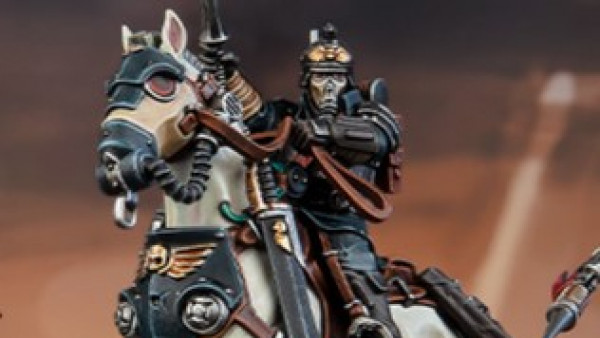
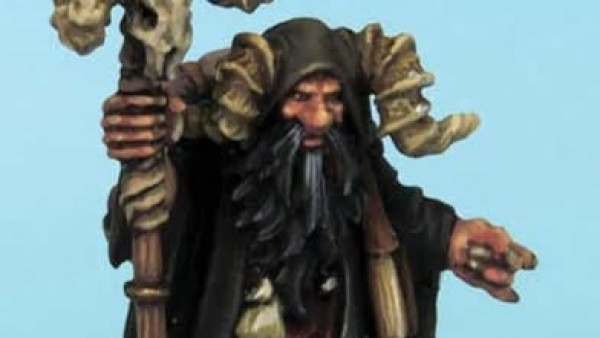

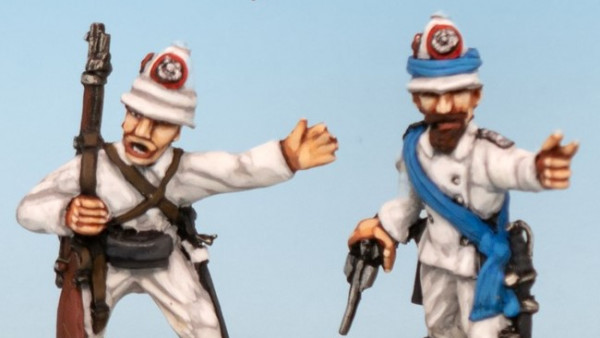
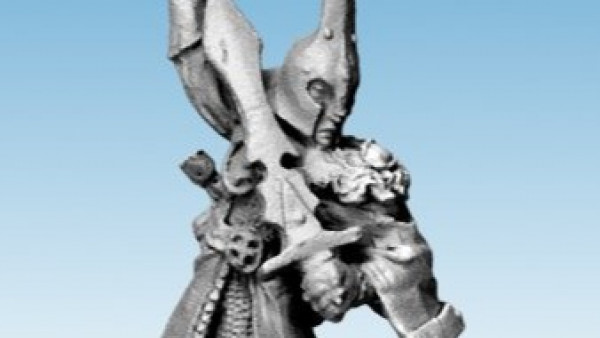
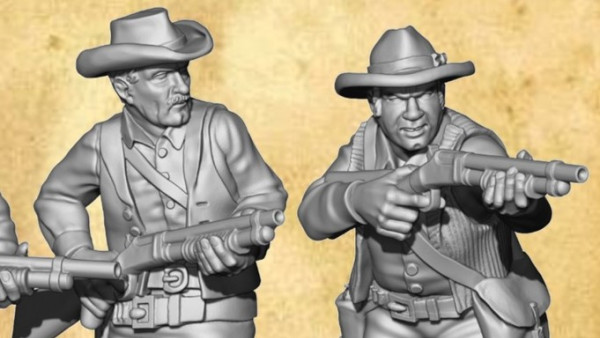
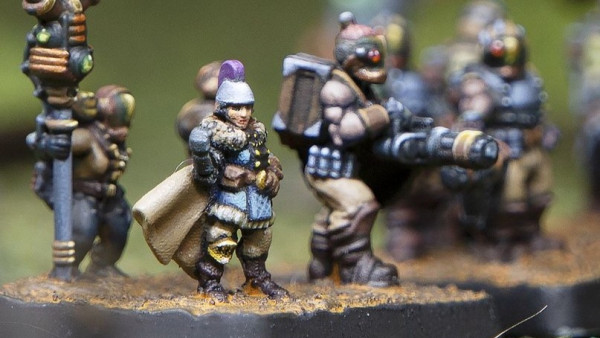
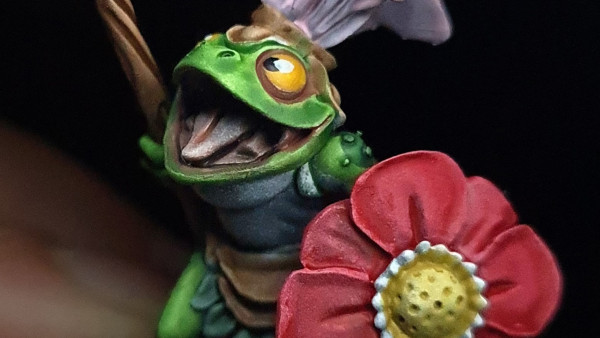
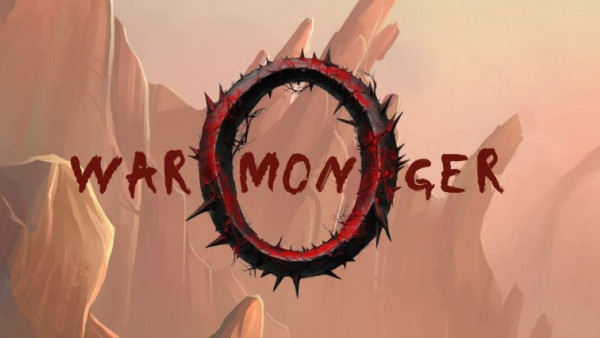



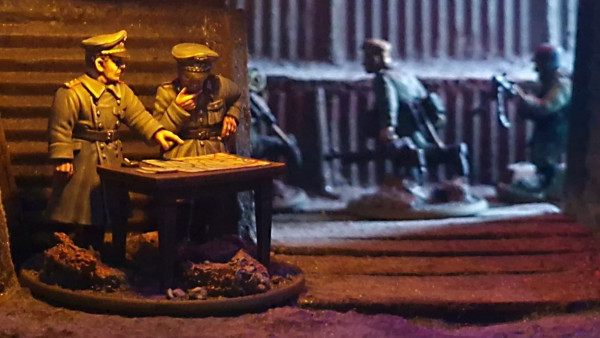


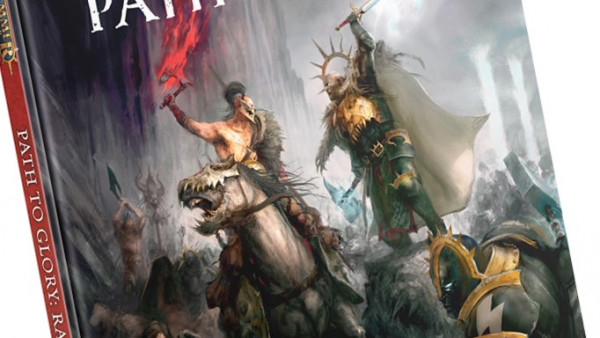


Really interesting stuff, Dan, thanks for sharing! Point 2 – I knew they didn’t have their own written language but I didn’t know the part about them writing in Greek or Latin.
The Celts were extensive traders and traded with the Greeks and their closer neighbours in Italy. The merchants adopted those languages for their book keeping, and then the use of the languages spread from there.
Also, in later Celtic periods (a few 100 AD+) the Irish Celts took to writing a lot in Irish which became the third literary language of Europe (after Latin and Greek), due to the advance knowledge of the druid class. This lasted throughout the medieval period. In particular Irish medical and astronomical texts were among the best in the world.
Thanks for taking the time to write this up! I may now have to track down a copy…
I enjoy summarising what I have read. It serves as good reference documentation for later – so I might as well share it.
I have not heard of this book before, but your description is very fascinating. In my free time, I myself like to write small fantasy stories, maybe in the future, I will even create a collection with them. I am most interested in the Celtic religion. This topic is so deep that it is difficult to cover it in one sentence.
I’m glad you liked the description of the book. What I particularly like about bronze age Celts is the uncertainty. Their society is on the edge of history.